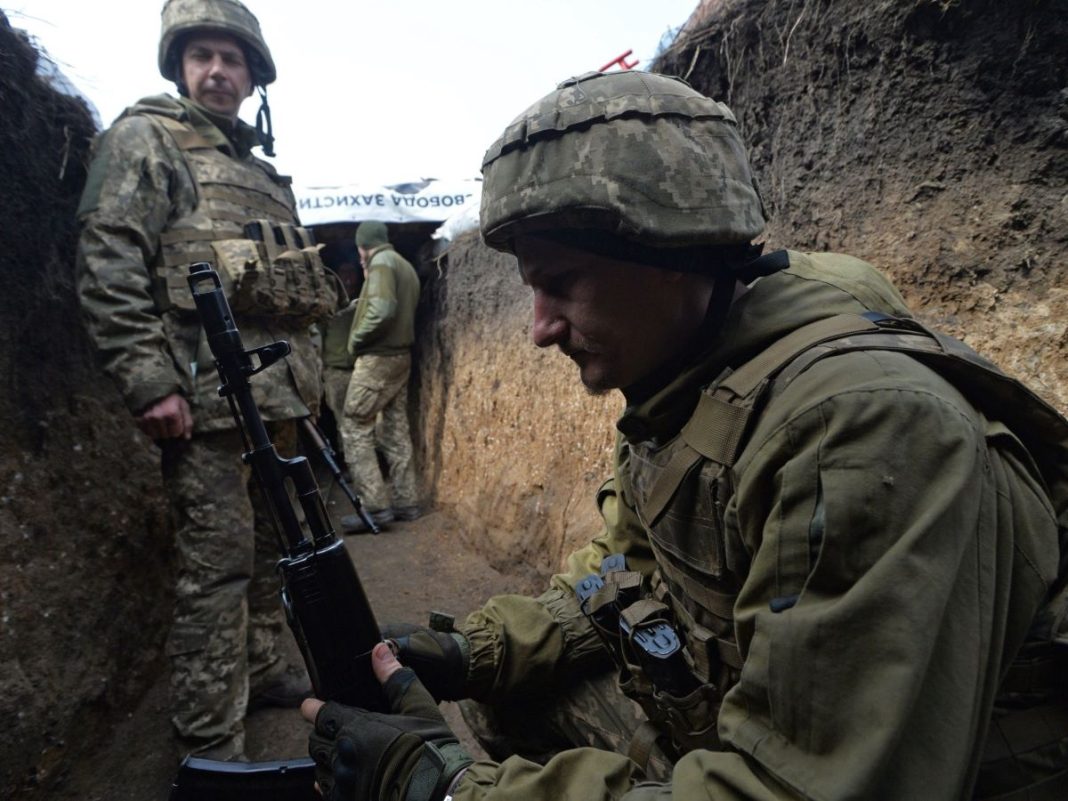Yuriy Ihnat, Air Force spokesperson, told a briefing in Kyiv that Ukraine might target the Iranian missiles at their launch sites, which would probably be well inside Russia.
“They must somehow be destroyed, probably from where they are launched. Because we have no effective means of fighting ballistic [missiles], except for their physical destruction at the launch stage,” he added.
The official said the Iranian missiles have “a range of 300 and 700 kilometers, which in principle will not create anything new for Ukraine, because [Russian-made] Iskanders were used from the first day of the war.”
“I think both the top military leadership and our partners are working on this issue, looking for effective ways to counter these new threats,” Ihnat continued.
He said that the Russians were unable to make progress on the battlefield and had resorted to attacking infrastructure supplying energy and water, adding, “They want to hit energy facilities in the autumn-winter period first of all, because people’s lives largely depend on them. This air terrorism will continue by all available means.”
“It is clear that the missiles that will be received from Iran, if it is done, will be used at the energy infrastructure facilities, and [the Russians] will continue to strike with cruise missiles as well,” he noted.
CNN has reported that Iran is preparing to send about 1,000 additional weapons, including short range ballistic missiles and more attack drones, to Russia, citing officials from a western country that closely monitors Iran’s weapons program.
Iran for the first time confirmed it sold drones to Russia, but noted that this happened “months” before the start of the war in Ukraine.
Speaking to reporters after an event in Tehran on Saturday, Foreign Minister Hossein Amirabdollahian addressed claims by Western officials that Iranian drones were supplied to Moscow for its military operation, and that surface-to-surface missiles may also be on the way.
“Their comments on the missiles part are completely wrong, and the drones part is correct. We gave a limited number of drones to Russia months and before the war in Ukraine,” Amirabdollahian said.
Iranian officials had previously said on numerous occasions that Tehran had “defence” cooperation with Russia, but had not supplied the Kremlin with arms “for the purpose of being used in the war in Ukraine”.
Amirabdollahian reiterated on Saturday that Iran has not been a supporter of either side in the war and is ready to talk to Ukraine.
“We have emphasised to Ukrainian officials that if there is evidence about the use of Iranian drones in the Ukraine war by Russia, they should present it to us,” the diplomat added.
According to the foreign minister, an Iranian political and military delegation travelled to an unnamed European country two weeks ago to hold a meeting with Ukrainian counterparts, but they refused to attend “at the 11th hour” as a result of pressure from the United States and Europe, especially Germany.
“They had told the Ukrainian side that we want to sanction Iran for the issue of drones, and now you wish to participate in a meeting with the Iranians in Europe and drink coffee with them,” he added.
